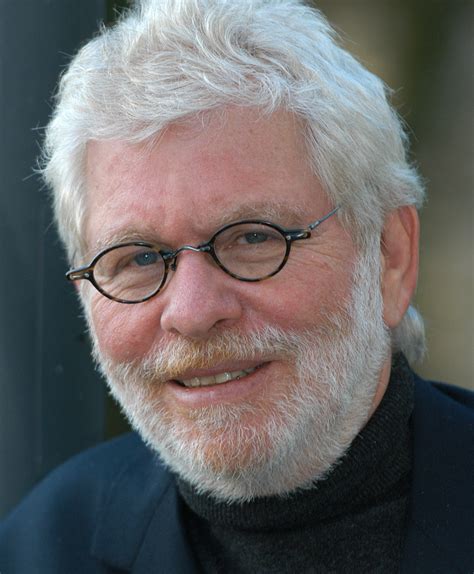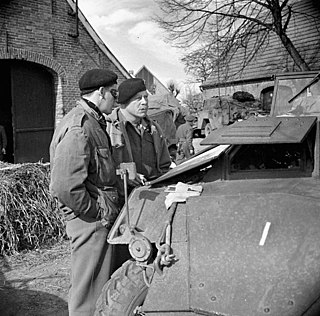A Quote by Neil Sheehan
World War II had been such a tremendous success story for this country that the political and military leadership began to assume that they would prevail simply because of who they were. We were like the British at the turn of the 19th century.
Related Quotes
In the nineteenth century some parts of the world were unexplored, but there was almost no restriction on travel.:; Up to 1914 you did not need a passport for any country except Russia.:; The European emigrant, if he could scrape together a few pounds for the passage, simply set sail for America or Australia, and when he got there no questions were asked.:; In the eighteenth century it had been quite normal and safe to travel in a country with which your own country was at war.
A lot of it was, you know, you look for moments where, for instance, we were dependent on Abraham Lincoln making sure that the slaves were freed or John Kennedy bringing civil rights, or the first one I wrote about, George Washington trying to stop the British from invading and ending this country before it even began. Those were turning points where, if you had not had a president stepping up to the plate, if there wasn't a story like that, we would not be here.
In every major war we have fought in the 19th and 20th centuries. Americans have been asked to pay higher taxes - and nonessential programs have been cut - to support the military effort. Yet during this Iraq war, taxes have been lowered and domestic spending has climbed. In contrast to World War I, World War II, the Korean War and Vietnam, for most Americans this conflict has entailed no economic sacrifice. The only people really sacrificing for this war are the troops and their families.
I was really interested in 20th century communalism and alternative communities, the boom of communes in the 60s and 70s. That led me back to the 19th century. I was shocked to find what I would describe as far more utopian ideas in the 19th century than in the 20th century. Not only were the ideas so extreme, but surprising people were adopting them.
Men didn't like to empty bedpans, so we made women nurses. Then men didn't like to do the administrative stuff, so women were allowed to become secretaries. That's the way they entered the work force. Then we began to educate them because they had to be educated. But it wasn't until after World War II that most of the great universities of this country became coeducational.
I think in many ways, the Spanish Civil War was the first battle of World War II. After all, where else in the world at this point did you have Americans in uniform who were being bombed by Nazi planes four years before the U.S. entered World War II? Hitler and Mussolini jumped in on the side of Francisco Franco and his Spanish nationalists, sent them vast amounts of military aid, airplanes, tanks - and Mussolini sent 80,000 ground troops as well - because they wanted a sympathetic ally in power. So I think it really was the opening act of World War II.
It's important to remember that World War II was experienced very much as a continuity in that sense. Most of World War II in most of Europe wasn't a war; it was an occupation. The war was at the beginning and the end, except in Germany and the Soviet Union, and even there really only at the end. So the rest of time it's an occupation, which in some ways was experienced as an extension of the interwar period. World War II was simply an extreme form, in a whole new key, of the disruption of normal life that began in 1914.
Because the US has control of the sea. Because the US has built up its wealth. Because the US is the only country in the world really not to have a war fought on its territory since the time of the Civil War ... Therefore we can afford mistakes that would kill other countries. And therefore we can take risks that they can't ... the core answer to why the United States is like this is we didn't fight World War I and World War II and the Cold War here.
































